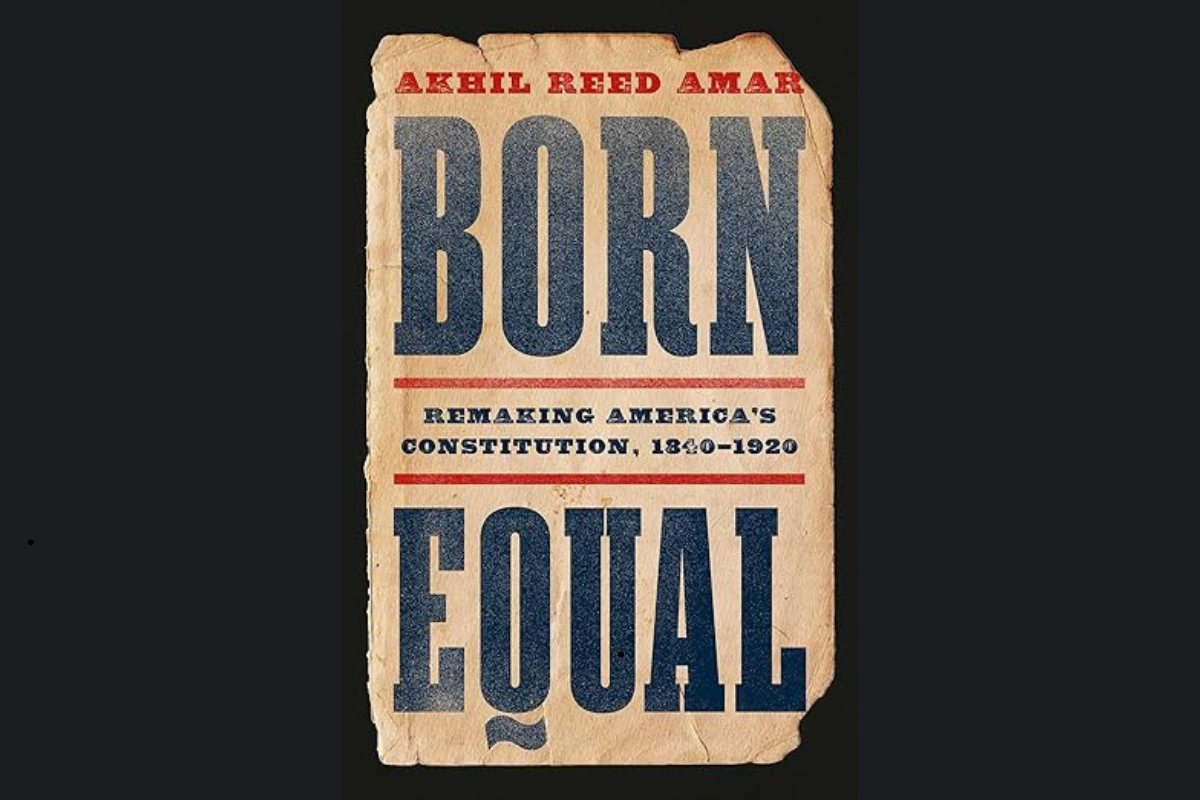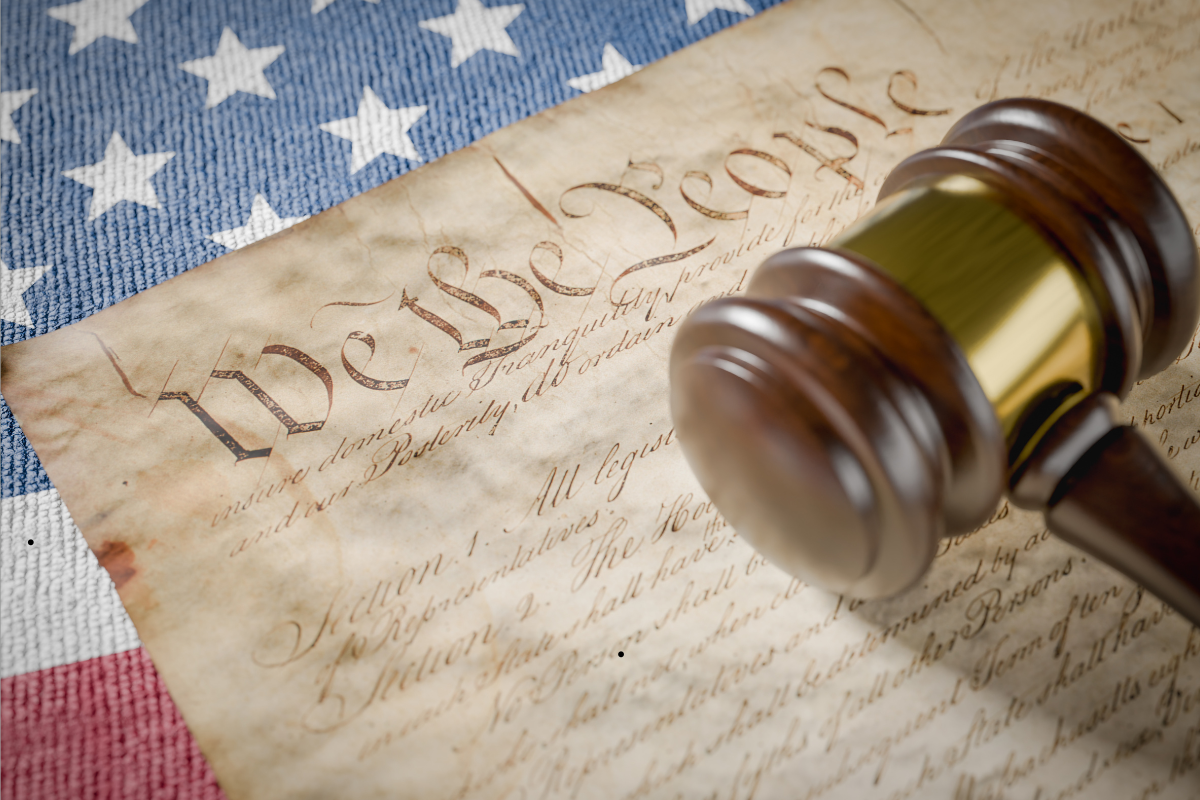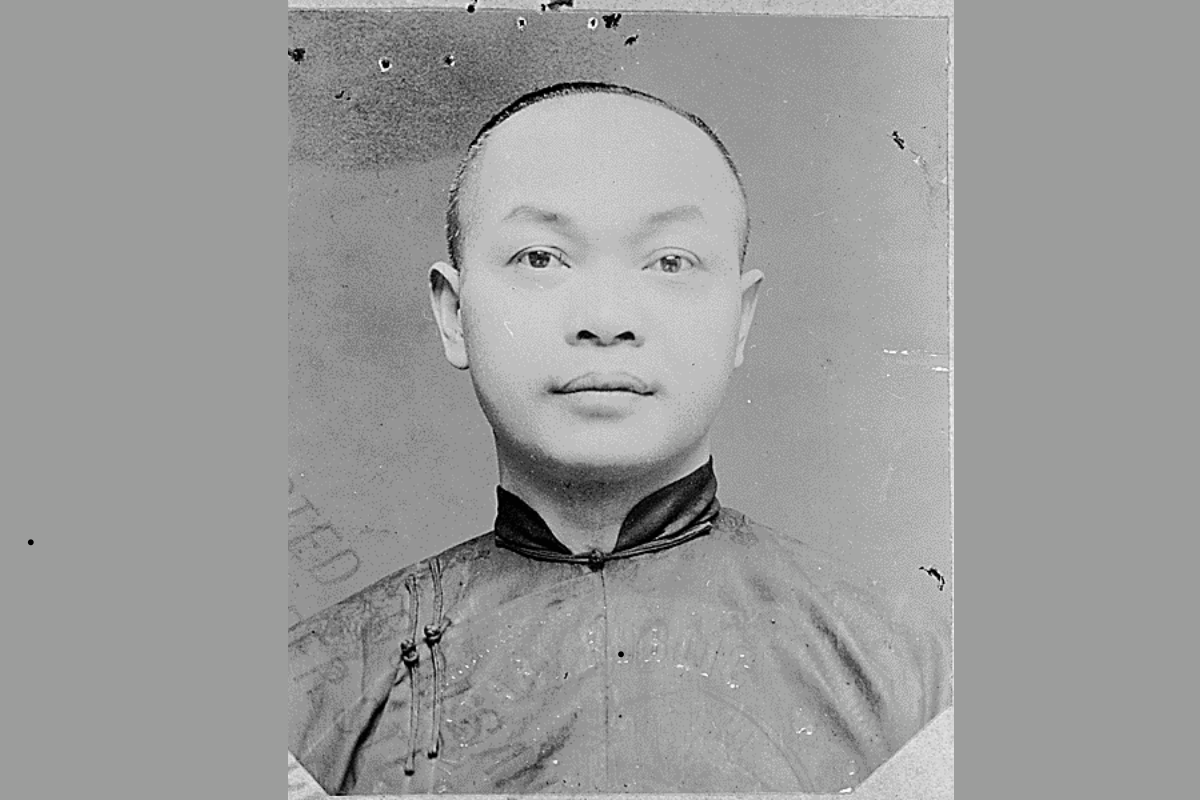Jimmy Carter and the Lost Political World of 1976
Largely overlooked among the reactions to Jimmy Carter’s death last December was his election as president in 1976. He entered the contest for the Democratic presidential nomination in December of 1974 as an unknown, an outsider who had never served in Washington, and thus unsullied by the twin agonies of Vietnam and Watergate. As Governor of Georgia, Carter had embraced the civil rights movement and broken with the long-established segregationism of the South. Shaped by his upbringing in the evangelical culture of rural Georgia, he campaigned unabashedly as a moral figure. He promised to restore something essential to the ethical order of American public life that had been lost during the tumults of the previous decade.
Jimmy Carter announced his presidential candidacy by pledging that he would “never lie” to the American people and committing himself to re-establishing trust between the government and the citizenry—a pitch-perfect message for the times. He and his many opponents for the Democratic nomination were drawn into the race in part because new party rules gave more weight to rank-and-file party members through primaries and caucuses. The post-Watergate Federal Election Campaign Act of 1974 put limits on individual contributions for the first time, and on how much money candidates could raise and spend. The law also provided for public financing of campaigns. Carter voters in the Democratic primaries and caucuses tended to be moderate to conservative. In an era before the internet, cable news networks, and social media, he won the votes of those who were not often as motivated by ideology or by a single issue or cluster of issues. Thousands of volunteers from Georgia, the “Peanut Brigade,” took buses to frigid New Hampshire, site of the first primary, and then to many other states to help their former Governor, out of state pride and admiration for Carter as a person. [1]
A representative of the “New South,” Carter rode strong support among Black voters to victory in the decisive Florida primary, ending George Wallace’s final presidential campaign. Never again would a Democratic candidate known for defending racial segregation be a factor in a Democratic presidential contest. In a harbinger of the Democratic Party of the 21st century, Congressman Morris Udall drew the bulk of his support from white, college-educated, less religious voters who supported environmentalism and saw the Arizonan as standing for “progressive ideals.” [2] Meanwhile, Jimmy Carter struggled to find his footing in the first presidential contest since Roe v. Wade; he came down on both the pro-life and pro-choice sides at various points in the long campaign. Unlike the absolutism that prevails in the Democratic Party today on that difficult issue, Carter and the Democratic opponents harbored a wide range of views on it as they sought to lead a party which included millions of Catholic and evangelical Christian voters who in the main opposed legal abortion.
Despite a controversy over Carter’s defending the “ethnic purity” of white neighborhoods in the north, he continued to get the bulk of the vote of Black Americans, North and South. He remained, however, a weak frontrunner. Few Democratic members of Congress outside the South endorsed him. Carter won only 39% of the vote in the primaries and caucuses, and in only 3 non-southern states—Ohio, Indiana, and, if you include it, Kentucky-did he win a majority. A late endorsement, however, from aging Chicago Mayor Richard Daley-the last of the big city “bosses” -helped Carter gain a first ballot victory at the Democratic convention in New York City.
With the activist wings of both parties not fully satisfied with their nominees and politics in disrepute after Watergate, the turnout of eligible voters in 1976 dropped to the 54%, the lowest since 1948. Even so, Carter and Republican nominee Gerald Ford comported themselves admirably. While the two men were political opponents, they were also partners in civility and decency in 1976 at a moment when those virtues were essential.
Carter defeated Ford largely on his strong performance in his native South. He gained the electoral college votes of ten of the eleven former states of the Confederacy, losing only Virginia. One key to his triumphs in the south was his appeal to both Black and White voters; a shared Christian evangelical faith was important, as was Carter’s commitment to civil rights and his personal relationships with leaders of the Black community. The Georgian also captured the “border” states of Kentucky, Missouri, West Virginia, Maryland and Delaware. Nationwide, he got just under half of the growing number of Americans who described themselves as Evangelical Christian, which helped him among both Black and white voters. Carter also captured the big northern states of New York, Pennsylvania, and Ohio with the help of Catholic voters who had abandoned their party in 1972. Where Carter failed was in the West. Other than Texas (and Hawaii) he lost every state in that vast region. If the Democratic candidate for president in 2028 loses Oregon, Washington and California, one can safely assume that those results would be part of a truly historic landslide defeat.
In the end, Jimmy Carter’s calls for renewal and reform resonated with the electorate, even as those aims would prove to be difficult to convert into policies once in office. Carter’s election in 1976 stands out as the single Democratic victory in the six presidential elections held from 1968 to 1992. His winning coalition is barely recognizable today; Watergate and Vietnam are part of American history for today’s electorate, and Carter’s emphasis on his Christian faith and the need to reduce the size and scope of government would resonate more in the Republican party of the 21st century than with the Democrats.
While some of the politics of 1976 seems remote today, much of what Jimmy Carter brought to the long campaign trail of that year endures. His commitment to the rule of law and the constitution, and a respect for the nation’s best traditions helped him defeat better known candidates in his party and then unseat an incumbent president, all without compromising his honor or that of the republic.
[1] Daniel K. Williams, The Election of the Evangelical: Jimmy Carter, Gerald Ford, and the Presidential Contest of 1976 (Lawrence: University Press of Kansas, 2020), 11-12, 58.
[2] Quoted in Williams, The Election of the Evangelical, 219.





